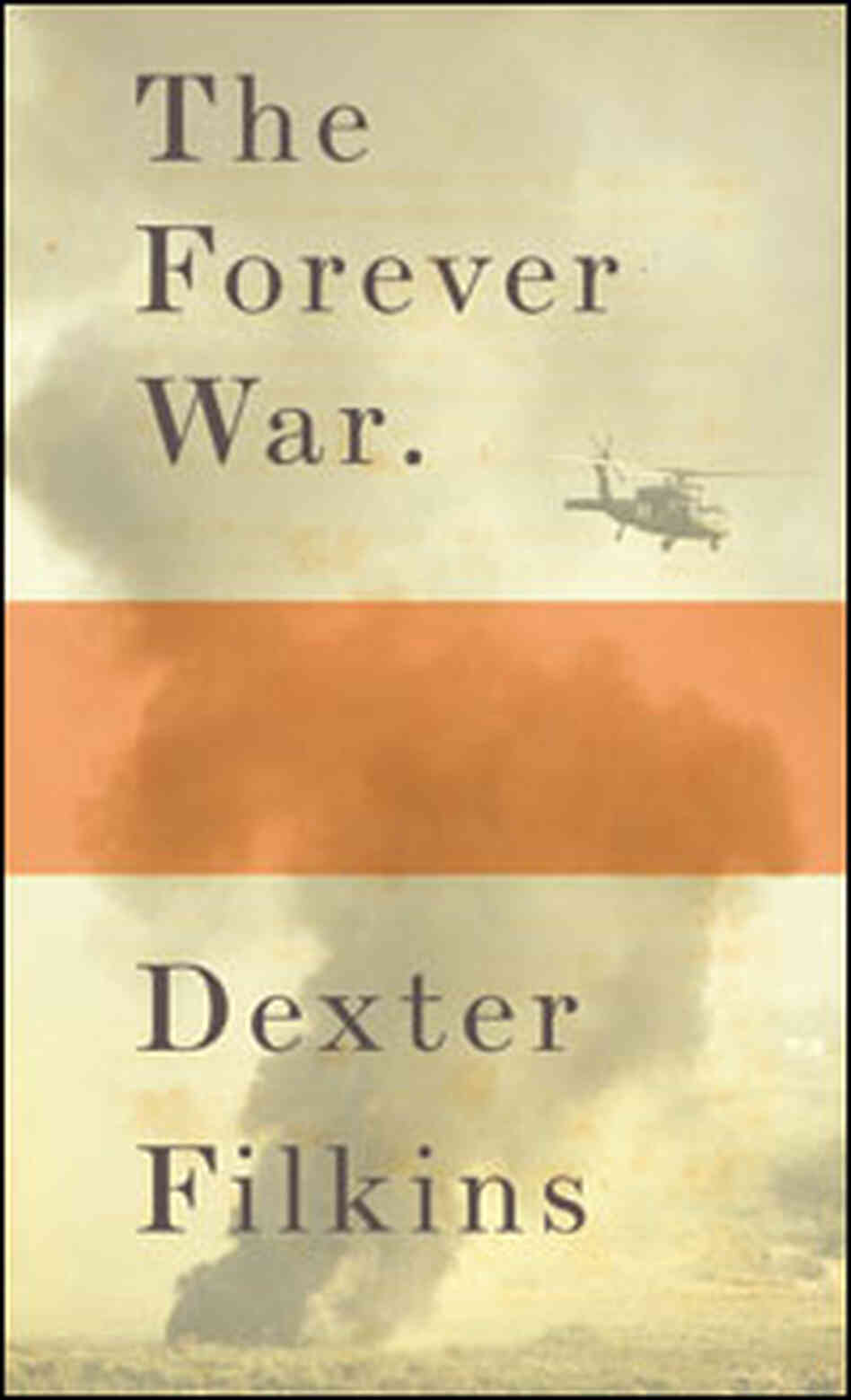We should be grateful for reporters like Dexter Filkins. In order to
tell us what was happening in the wars in Iraq and Afghanistan, he
ventured into battle zones, waded into angry mobs, and met face to face
with men who wanted to see Americans die. Frankly, he's fortunate to be
alive.
It's gritty, first-hand reporting, and much of it is grim.
In Afghanistan, he watches a beheading. In Iraq, soldiers in the battle
for Falluja are gunned down and die in front of him. As important as
the subject is, I'd actually suggest NOT trying to read too much of this
book at once. It can be too depressing.
While many find these
wars hard to fathom, Filkins' reporting leads to key insights. In
Afghanistan, for instance, he notes that the loyalties of fighters could
be quickly switched.
"Men fought, men switched sides, men lined
up and fought again. War in Afghanistan often seemed like a game of
pickup basketball, a contest among friends, a tournament where you never
knew which team you'd be on when the next game got under way. Shirts
today, skins tomorrow. ... War was serious in Afghanistan, but not that
serious. It was part of everyday life. It was a job. Only the civilians
seemed to lose."
On trying to find the truth in Iraq:
"It
wasn't just that the Iraqis lied. Of course they lied. It was that they
had more to consider than the Americans were ever willing to give them
credit for. The Iraqis had to live in their neighborhoods, after the
American soldiers had gone home. The Iraqis had to survive. They had
their children to consider. For the Iraqis, life among the Americans
often meant living a double life, the one they thought the Americans
wanted to see, and the real one they lived when the Americans went
home."
"The Forever War" gives you an up-close look at the wars
that I doubt you'll find matched in any other book. Still, the book has some weaknesses. As good as the stories are, there isn't much of a continuing thread to tie them together.
Many chapters could be read out of order. And there isn't much
connecting the sections on Afghanistan and Iraq. Perhaps they should
have been separate books.

No comments:
Post a Comment